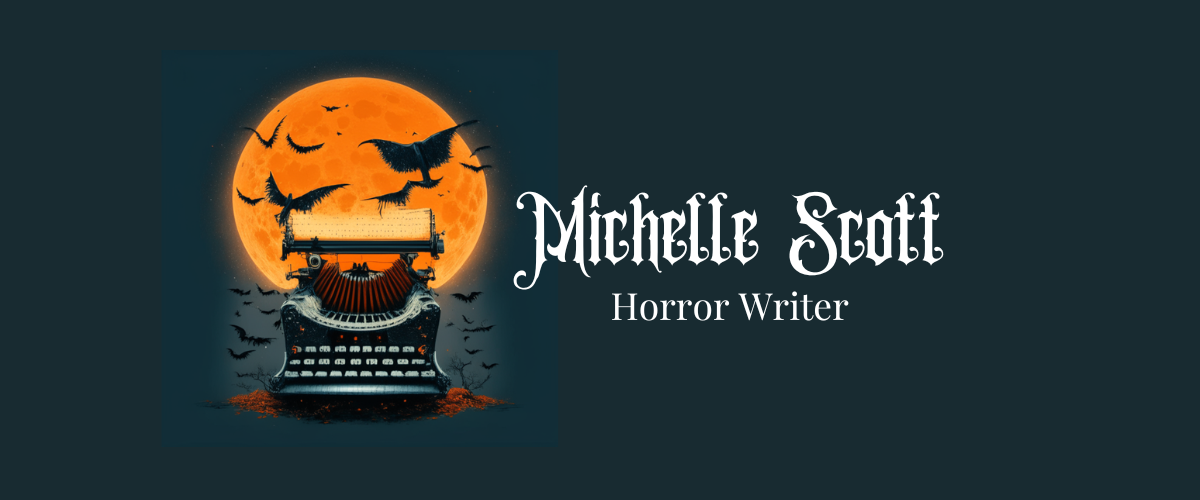
As an avid reader of horror, I’ve always been drawn to classics like Dracula and “The Pit and the Pendulum.” However, H. P. Lovecraft remained a peripheral figure in my literary landscape until recently. References to names like Cthulhu and films like “Color Out of Space” intrigued me, gradually kindling my curiosity about this enigmatic author. Eventually, I took the plunge and invested in the complete collection of Lovecraft’s stories.
Known for pioneering “cosmic horror,” Lovecraft’s tales weave a tapestry of eerie realms inhabited by unfathomable entities, madness, and forbidden knowledge. It’s a genre that straddles the borderlands of science fiction and horror, plunging readers into a realm where gods exist beyond human comprehension and time itself holds secrets.
Upon immersing myself in Lovecraft’s collected works, I found myself captivated like never before. His narratives, steeped in dreary atmospheres and narrated by half-mad protagonists, evoked a profound sense of existential dread. It was a revelation to discover such haunting fiction that had eluded me for so long.
A Deeper Look into H. P. Lovecraft
However, as I delved deeper into Lovecraft’s biography, troubling aspects of the author’s character came to light. Lovecraft held abhorrently racist beliefs, viewing whites as superior and propagating fears of racial mixing. Even stories I initially cherished, such as “The Shadow over Innsmouth,” revealed unsettling racial undertones upon closer inspection. Lovecraft’s crude depictions of mixed-race individuals mirrored his own prejudiced views, forcing me to confront the uncomfortable reality behind his tales.
A Cautious Defense of Lovecraft
Despite this revelation, I found myself grappling with a complex dilemma. While I couldn’t excuse Lovecraft’s racism, I also couldn’t deny the allure of his storytelling. Much like other problematic works in literature, such as “Tom Sawyer,” Lovecraft’s stories present a dichotomy of admiration and condemnation. Rather than sanitize his narratives or turn a blind eye to his bigotry, I believe it’s crucial to acknowledge the uncomfortable truths while still appreciating the literary merit of his work.
In confronting Lovecraft’s legacy, I’ve come to recognize the importance of nuanced engagement with literature. We can enjoy his stories while unequivocally condemning his racism, understanding that acknowledging the flaws of the past is essential for progress in the future.
Have you explored H. P. Lovecraft’s work? How do you reconcile his literary contributions with his problematic beliefs? Share your thoughts in the comments below.

